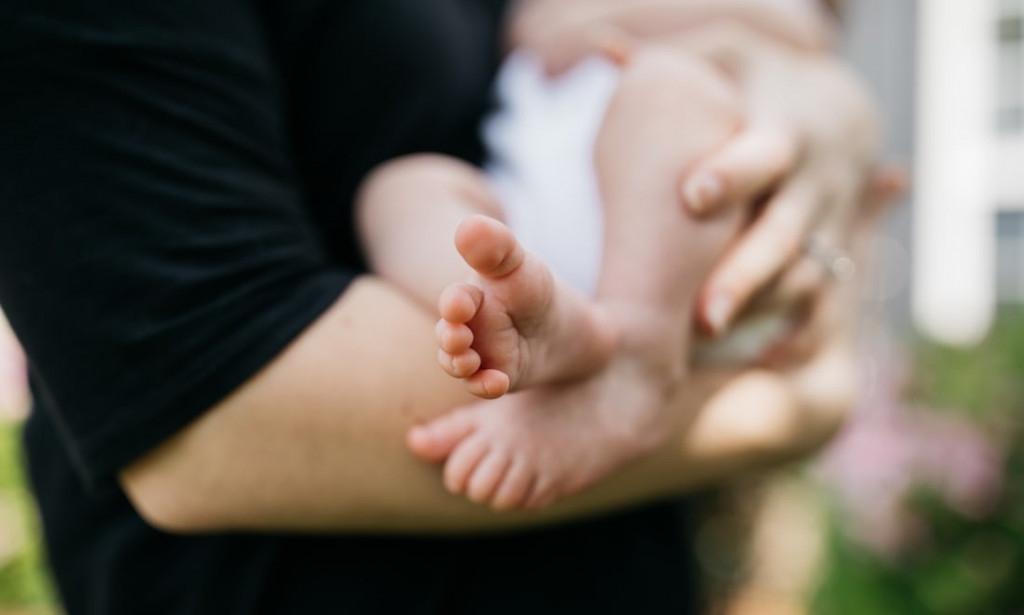What to Know About Rh Incompatibility During Pregnancy of an Rh-negative Woman an Rh-positive Man.
It’s a dream come true for every woman to conceive and deliver a healthy baby. But in some cases, health issues arise during the gestation period. A blood group test will predict any condition that might occur during and after pregnancy. It is very important for any couple wishing to have a baby to visit a health facility and have a blood group test. A blood group test will help in detecting if the fetus parent's blood is compatible.
An Rh-negative woman can get pregnant from an Rh-positive man. When this happens, the mother may have an immune reaction to the fetus, because the two blood groups and rhesus factors are incompatible. Hemolytic anemia is an example of a condition the fetus may develop due to the incompatibility of its parents.
For a 1st time pregnancy, there will be no health complications if a mother does not receive the 1st dose of anti-D at 28 weeks of pregnancy. After giving birth, a sample of the baby’s blood will be taken from the baby’s umbilical cord for analysis.
If it turns out that the mother is rhesus negative and the baby is rhesus positive, an injection of anti-D immunoglobulin will be administered to the mother within 72 hours of giving birth. The injection helps in preventing the development of antibodies that may cause harm to the baby.
It is important to note that, if a rhesus-negative mother conceives again, it is important for her to get the first dose of anti-D immunoglobulin is administered in the 28 weeks of pregnancy. The second shot will be administered in the 34th week of the pregnancy.
To all the expectant mothers, I wish you a happy expectant period, safe delivery, and a healthy baby.

You must be logged in to post a comment.